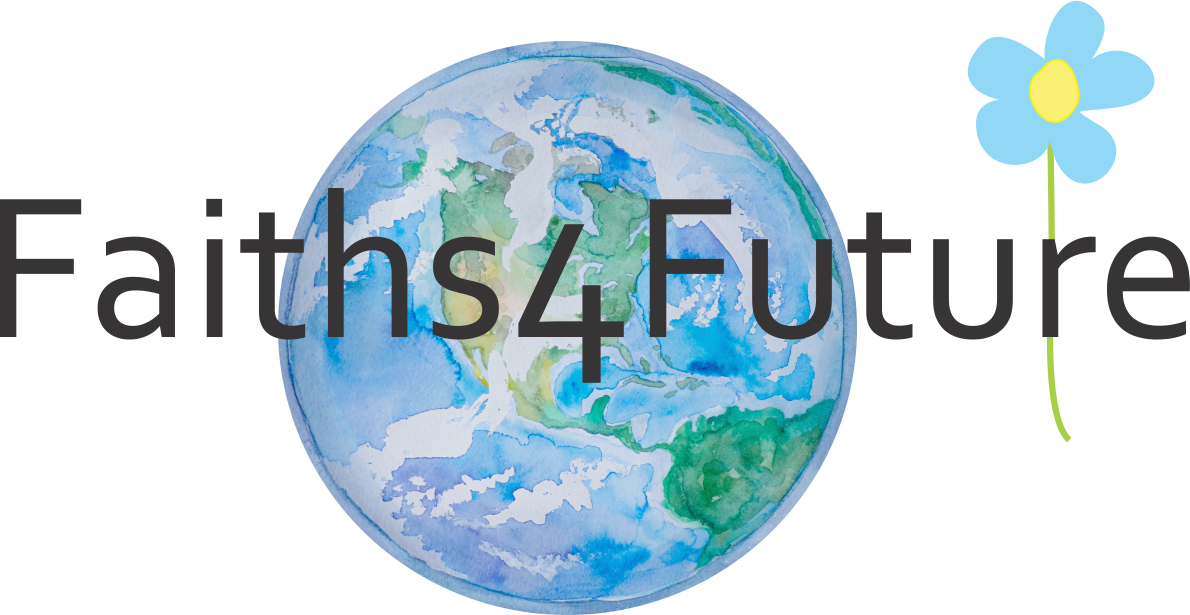Heatwaves, Cooling Shelters & Social Infrastructure
With the unprecedented heat dome over the Pacific Northwest in June—with temps 45°F above normal—Dr. Barak Gale and Rev. Richenda Fairhurst offered some focus for a discussion about heatwaves, cooling shelters, and social infrastructure at the July 6 Multifaith Climate Cafe (scroll for video). Climate change means more heatwaves, higher day and night-time temperatures, and higher humidity. Roads and brick and mortar infrastructure and our social supports and safety nets in many places were not built for temperatures now amplified by climate change.
This is serious. The human body has a narrow heat tolerance (see our one-sheet on heat and human survivability). The rising heat is trending up and reaching temps above human tolerances. Animals and plants are also susceptible to unsurvivable heat, and impacted by increased temperature trends. One way this increased heat is already showing up is by worsening temps in heat domes. (see our one-sheet on the heat domes, deep freezes and the Pacific Northwest event in 2021.)
What to do about it?
Stop burning fossil fuels. Additionally, our brick and mortar infrastructure—roads, cables, residential and industrial construction—has to be rebuilt to withstand heat.
Social Infrastructure
But even more importantly, our social infrastructure—our public spaces and how we live together in those spaces—must be redesigned and reimagined. In 2021, we can assess a few truths about our gathering places. One truth is that there are few truly public gathering spaces left. To escape the heat, you need $5 for a latte in an air conditioned coffee shop at the least, which means you need money, plus you need a car to get you there. Another truth is that some neighborhoods can be 20°F+ hotter than other neighborhoods in the same city. In some zipcodes there are parks, trees, and fountains for cool and shade. Cooling shelters may be part of the solution—but what those centers might look like requires a fresh vision. By looking at social infrastructure, we can get a better understanding of what are the problems we are trying to solve. It can help us identify where there are access, resource, and fairness opportunities. We can acknowledge the disparities between neighborhoods and help us create truly livable spaces in every community. Because how we live together, how and where we build our shared public spaces, and how we gather in our neighborhoods, can literally save lives.
After viewing the presentation, you may want to learn more about Eric Klinenberg and his work. Link to his books Palaces for the People and Heat Wave addressing the 1995 heat wave in Chicago. Or listen to a presentation by Klinenberg at Google.
Click over to the Faiths4Future one-sheet repository for one-sheets on different climate-related topics, including one on heatwaves and survivability, Cooling Shelters and Social Infrastructure.
Check out the Climate Cafe Multifaith for faithful conversations about climate and climate justice.
Two short (one minute) videos follow. These videos show regular people dealing with the heat. Especially the second video gives a glimpse into the testimony and distress voiced in concern of the vulnerable in a heatwave.
This first short video was recorded and posted to tiktok on June 27th in Portland, Oregon. The video creator, @mourtneycurtains uses a heat gun and temperature gauge to show the readings of 112.5°F in the shade, 143°F surface temperature on the sidewalk, 165°F surface temperature on the road, and 170°F surface temperature on the door of a car.
This second video (scroll) was recorded at a meeting of the Medford City Council on July 1, 2021. The City Council is hearing from citizens regarding a concern for houseless and vulnerable residents and access to heat shelters. The woman speaking is addressing her direct concerns in seeing the suffering of those who are without shelter despite temperatures over 100°F. As she speaks, her voice wavers. The conflict escalates as she tries to communicate her experience with the urgency of the situation and the neglect of city officials.
Rev. Richenda Fairhurst is here for the friendship and conversations about climate, community, and connection. She organizes the Climate Cafe Multifaith as a co-leader of Faiths4Future. Find her in real life in Southern Oregon, working as Steward of Climate with the nonprofit Circle Faith Future.
